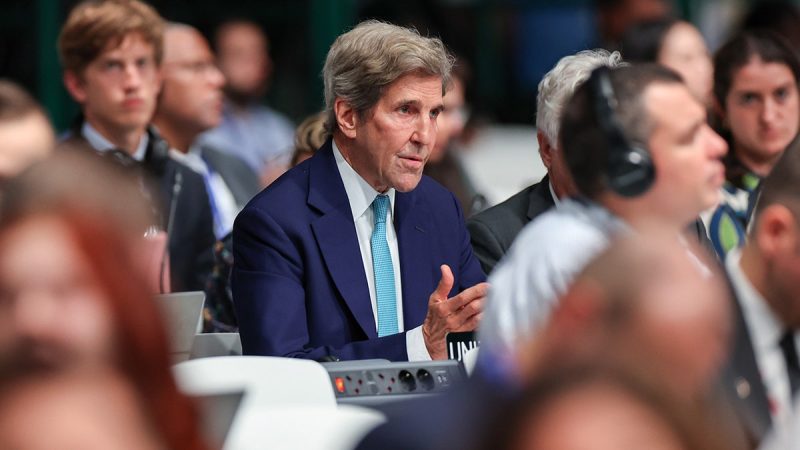The 28th Conference of the Parties (COP28) climate change negotiations are occurring right now, and the whole process is beginning to look like a glorified game of virtue signaling. Every country seems to be trying to outdo each other by being the most ‘environmentally friendly’ in their turns, but are they really making any waves?
From the opinion of an outside observer, it appears that what is being discussed at COP28 is not necessarily conducive to solving the global warming problem, or any of the related issues. Politically, the decisions that can be made seem limited, and the implementation of any kind of action is often hampered by the balancing act of having to be accountable to other countries as well as domestic populations. The decisions that can actually be put into place tend to be little more than symbolic.
And, unfortunately, it is just that symbolic benefit that tugs at the heartstrings of diplomacy, instead of actually getting out and getting things done. Basically, what this means is that the COP28 conference winds up being a lot of talk and not a lot of action.
But this only scratches the surface of the problems being faced by the COP28 conference.another much larger issue is the way that so called ‘green energy solutions’ are being presented as the final solution to the climate crisis. Politicians are promoting ‘renewable energy’ and ‘clean energy’ as if these options are foolproof and make all the current global warming problems vanish.
The truth of the matter is that renewable energy is not a panacea, and that its implementation still requires a significant amount of additional changes- both legislative and economic. To put it further, there seems to be a lot of virtue signaling occurring at the COP28, while the real meat that needs to be on the plate is in the form of serious policy making.
At the end of the day, it is important to remember that the COP28 climate conference is not just a game of virtue signaling, but that it has the real potential to cause some serious damage if the right kind of decisions are not taken. While it may be hard for people to accept the truth about the limited effectiveness of the talks, then it is important that they realize the need for a real, lasting solution to the climate crisis- and that this comes through policy, not just rhetoric.

